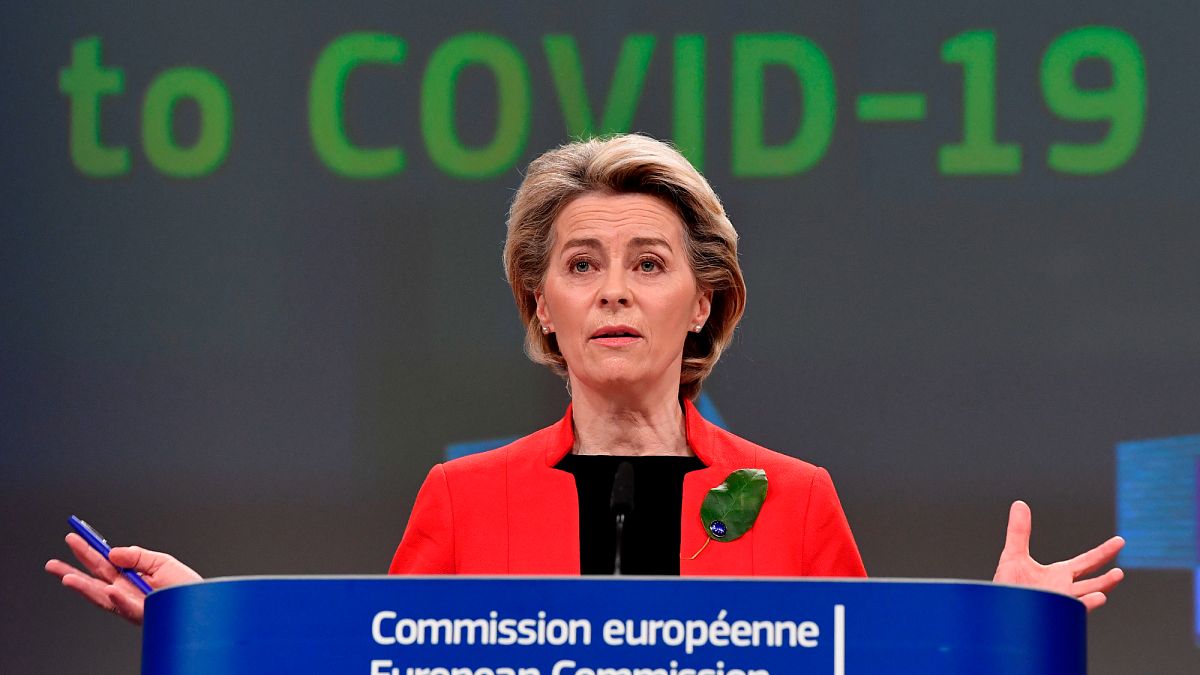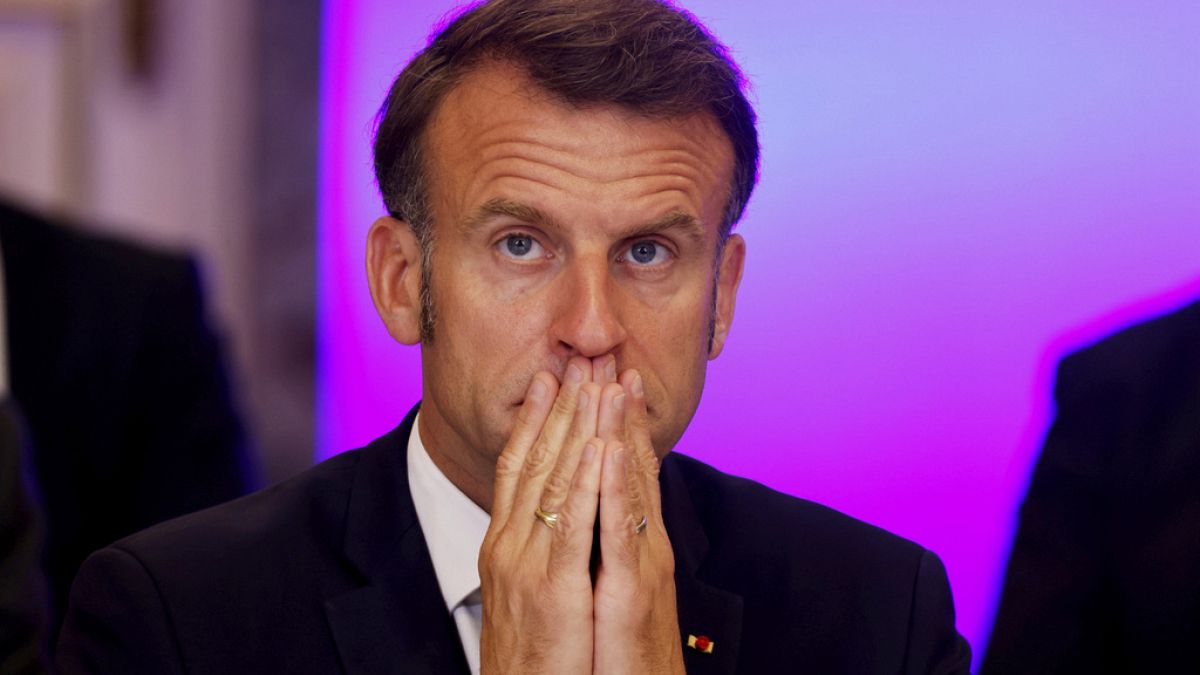After a long tug-of-war between the European Commission and The New York Times over transparency surrounding the Pfizer COVID-19 vaccine contracts, the European Court of Justice (ECJ) today ruled that the Commission “has not given a plausible explanation to justify the non-possession of the requested documents.”
According to the Court, the Commission cannot simply claim it does not hold the requested documents; it must provide credible explanations that enable both the public and the Court to understand why those documents cannot be located.
The ECJ found that The New York Times had submitted relevant and consistent evidence indicating the existence of text messages between the President of the Commission and the CEO of Pfizer regarding the procurement of COVID-19 vaccines.
“These contracts were totally unprecedented in a totally unprecedented context,” said an EU official ahead of the ruling.
The Pfizer-BioNTech vaccine was the first to receive EU authorisation in December 2020, after an advance purchase agreement for 200 million doses.
Subsequent contracts in March and May 2021 secured an additional €2.4 billion worth of doses, with an option for 900 million more.
The publication uncovered the existence of the messages in 2021 during interviews with Bourla, but encountered obstacles when requesting access to them. The Commission claimed it could not provide the texts.
After repeated unsuccessful attempts to obtain the messages, The New York Times brought the matter before the ECJ in January 2023.
The European Commission issued a statement in reaction to the ruling stating that they will now closely study the General Court’s decision and decide on next steps.
The executive will also “adopt a new decision providing a more detailed explanation” following the New York Times original request, the Commission said.
“Transparency has always been of paramount importance for the Commission and President von der Leyen. We will continue to strictly abide by the solid legal framework in place to enforce our obligations,” they added.
With today’s ruling, the Court has determined that the Commission has failed to adequately clarify whether the requested text messages were deleted and, if so, whether the deletion occurred deliberately or automatically.
“Every day there are a lot of interactions between the members of the Commission, all the members of the staff of the Commission, and external stakeholders,” said an EU official ahead of the ruling, adding that most of these interactions take place through emails, text messages and other applications and it would be materially impossible to register all these exchanges.
The official said that it was wrong to suggest that Commission denied that text messages between the President of the Commission and the CEO of Pfizer existed, the executive had maintained that the exchanges did not contain important information.
Under the EU’s 2001 regulation on public access to documents, text messages qualify as “documents” and should be preserved and made available upon request, the New York Times had argued.
The regulation defines a document as “any content, whatever its medium (written on paper, stored in electronic form, or as a sound, visual, or audiovisual recording), concerning a matter relating to the policies, activities, and decisions within the institution’s sphere of responsibility.”
According to the Court, in this specific situation, the Commission cannot merely state that it does not hold the requested documents but must provide credible explanations enabling the public and the Court to understand why those documents cannot be found.
For the EU judges, the Commission has not explained in detail the type of searches that it carried out to find those documents or the identity of the places where those searches took place. Accordingly, it has not given a plausible explanation to justify the non-possession of the requested documents.
Furthermore, the Commission has not adequately clarified whether the requested text messages were deleted and if so, whether the deletion was intentional, automatic, or due to the replacement of the President’s mobile phone in the meantime.
The European Commission has two months to appeal the Court of Justice’s decision.













